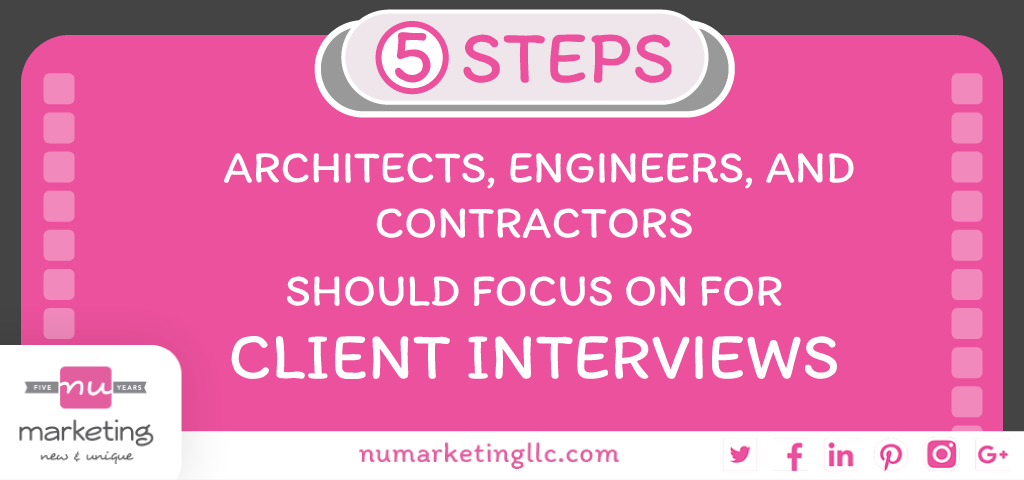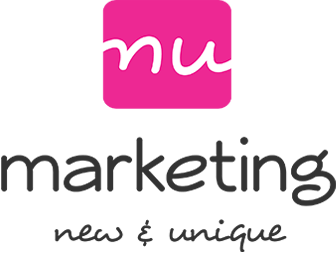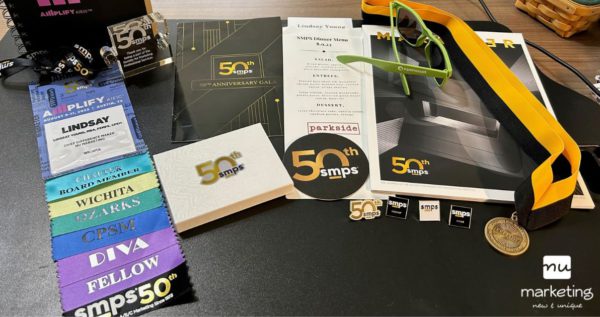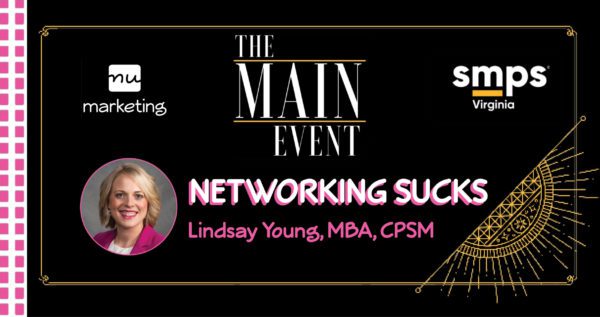
As architects, engineers, and contractors, we always interview for the “next big project.”. We are excited to have the opportunity to present our team to our-, (hopefully) new client. Having a game plan is important. Practice is even more instrumental in your company’s success. It’s really no different than an athlete training for their big game or race.
It’s critical to put your best foot forward during the interview. The presentation has little to do with you and your team and mostly focuses on the client. Before the interview, you should know what’s important to your potential client and focus on those key factors. (This type of information should have already been gathered during your business development process. Someone should have an existing relationship with the client prior to the proposal and interview process.)
The 5 things you need to focus on include:
Preparation
Creativity
Practice
Engagement
Follow Up
Preparation
First, you need to put together a game plan as soon as your team knows you have been selected for the interview. Sit down and brainstorm creative ways you are going to solve your prospect’s problem. Focus on what they care about and what’s important to them. Do they care about safety? Do they care about how clean the construction site is because they have a building right next to the building you are constructing? Do they want something unique in design? Focus on the hot buttons.
Creativity
Be creative and original. Don’t sound like everyone else. This is what wins projects with owners, because they see you’ve thought about THEIR project and how you will apply all your valuable experience to their project. Many times, it’s nothing earth-shattering that you suggest or do, but rather it’s some small detail you will design or construct. It may be something in your firm’s process. Find a unique aspect of your process and apply it to this project.
A contractor was interviewing for a children’s garden project, which was being built by the existing gardens. The contractor knew it was very important to keep garden patrons safe, but knew patrons were also interested in seeing the progress of the project. The project owner required plywood to be constructed as a fence. None of the patrons were going to be able to see the progress of the project. The contractor suggested cutting out peep holes for people to see the project. The contractor was selected because of their creativity. It didn’t cost the contractor any additional money to do this, but it won them the project.
Practice
Once you and your team have brainstormed about the content of the interview, then you can prepare handouts and visual aids. You should NEVER start with the handouts and visual aids. This gets in the way of your creativity. Once your handouts and visual aids are prepared, your team needs to practice… out loud… two to three times before the interview. Every time your team goes through the presentation, they will think of different things to say, improve their delivery, and gather feedback from the team. If the superintendent is an introvert, don’t require him to be an extrovert. Everyone should be themselves. Preparation and practice makes everyone comfortable.
Another contractor was preparing for an interview. The business development manager, project manager, and superintendent were all going to be in the interview, so they had met twice to prepare. Their mistake, though, was that they just brainstormed and never actually went through the presentation to hear it themselves. The superintendent later stated, “I wish they would have coached me and made me practice. The interview would have gone so much better.” By giving your team the tools to succeed, they will much more confident and comfortable. Help your team by providing an environment that allows opportunities to practice and build confidence. — Everyone wants to be good at their job, but you must support and enable them.
Engagement
Interview day is important. Make sure everyone on the team gets enough rest and is prepared to give it their all. Arrive early to make sure everyone is prepared. Dress the part. Show up and do your best. Being engaged and positive on interview day will elude this to your audience. Make eye contact during your presentation and really listen to your audience. When they see how passionate you are about their project and how much you care, then they will connect with you and your team. People do business with people they like and trust. Be their trusted partner.
Follow Up
After the interview, your team should follow up with the owner. There are several things you should do. First, write a hand written thank you note from the interview team stating how excited you are to work with their team and their project. This is a great way to differentiate yourself from the competition. Second, you should email or call them a couple days after the interview to see if they have any additional questions. Last, you should get feedback on the interview, regardless if you were awarded the project. (Obviously, some owners have stipulations about follow up, so if it’s not allowed you want to respect their request.)
Preparation, Creativity, Practice, Engagement and Follow Up are the three areas to focus on when delivering a successful interview. You aren’t going to win every job you interview for, but if you have included these five things in your interview process, you’ll win more work overall!
Nu marketing is a strategic business and marketing planning company who can help take your company to the next level. We help all sizes of architecture, engineering, and construction firms with their marketing and business development services. Call or email us today to learn more.



